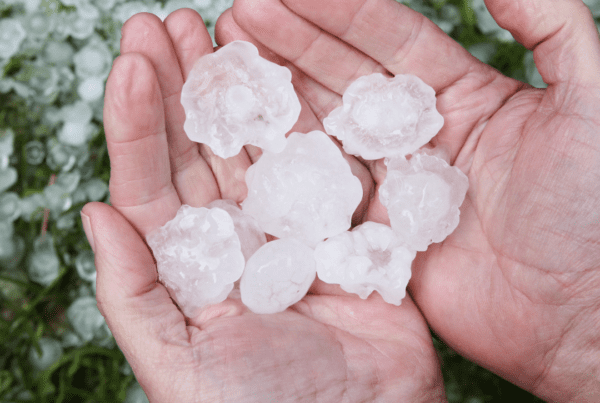With the hot Austin weather comes the urge to get out on the water and enjoy the sunny days. Unfortunately, every summer, our team gets calls from customers after a fun weekend on the water takes a turn for the worse. These accidents could have been prevented with just a few simple precautions.
Here are a few tips we like – courtesy of our partners at Safeco.
Life Preservers Aren’t Just for Kids.
It’s not enough to have life jackets on board — wear them! In an accident, people rarely have time to reach for a life jacket. This rule applies to adults, not just children: More people in their 30s die in boating accidents than any other age group. This is often because they are not as familiar with the dangers of being on the water and may not realize how quickly an accident can happen.
Life vests have come a long way in style. Today, you can even get vests for your water-loving dog!
Watch the Back of the Boat.
Carbon monoxide kills in minutes. So tell your passengers where your exhaust pipes are located and turn off your engine when people are in the water, and don’t let passengers “ski” or “teak-surf” by holding on to the back of the boat. Both Washington and Oregon made teak-surfing illegal in the last few years, after several tragic deaths. Carbon monoxide detectors are standard on most new boats; older boats install devices for less than $100.
Alcohol and Boating Don’t Mix.
More than 50 percent of drownings result from boating incidents involving alcohol. Stay sober while boating – alcohol and drugs impair your judgment and reaction time, making accidents more likely.
Check the Weather Before You Head Out.
And check for updates while you’re on the water. Boaters are often surprised by how quickly weather conditions change, leading to dangerous waves and whitecaps.
Be Mindful of Other Boats and Obstacles in the Water.
And give them a wide berth to avoid collisions. Pay attention to other boats, buoys, swimmers, logs, rocks, and low-hanging branches. Finally, maintain a safe speed while operating your boat.
Boats Need TLC Too.
When you’re out on the water, regular maintenance is critical. Ensure your gas tanks are vented and bilges free of vapors, oil, waste, and grease. Carry a charged fire extinguisher and know how to use it. Have your boat’s operating systems checked yearly by a certified marine technician. The Coast Guard Auxiliary and United States Power Squadrons also offer free vessel safety checks.
Responsible Boating Includes Your Personal Watercraft.
Personal watercraft, such as jet skis and wave runners, can be great fun but also come with a unique set of safety concerns. The unique set of safety concerns is because personal watercraft are small, fast, and can be challenging to control.
Experience Counts!
The U.S. Coast Guard says operator errors account for 70 percent of boating accidents. So make sure anyone who drives your boat is properly trained.
Take a boating safety course.
You wouldn’t drive a car without learning the rules of the road first, so why get on a boat without knowing how to operate it safely? In most states, you must take a boating safety course and get a license or certificate to operate a boat. And even if your state doesn’t require it, taking a boating safety course is a good idea.
In Texas, you must complete a boater education course if you were born on or after September 1, 1993, and are operating a boat with an engine of more than 15 horsepower. In addition, the course must be approved by the Texas Parks and Wildlife Department. You can find a list of approved courses here. You can also take an online course from the comfort of your own home. The BoatUS Foundation offers an online course that meets the requirements for most states, including Texas.
You can also earn boat insurance discounts from Safeco and other insurers if you complete a safety course with the Coast Guard Auxiliary or U.S. Power Squadrons.
Watercraft Insurance
Most home insurance policies have limited coverage for boats. If you own a boat, watercraft insurance is your best bet: It covers theft, damage, and injuries or accidents while you’re on the water, as well as some of your expensive watersports gear. The team at Watkins Insurance Group is here to help you with your watercraft insurance needs.
Have a plan in case of an emergency and ensure everyone on board knows what to do. By following these simple tips, you can help make sure that your time on the water is safe and enjoyable for everyone involved.
Additional Resources:
Coast Guard: www.uscgboating.org
Coast Guard Auxiliary: nws.cgaux.org/
Safeco tips: www.safeco.com/insurance-101/consumer-tips/your-boat







